Innovations and YOU
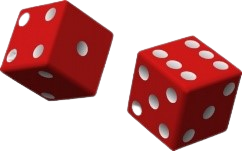
Probability and Statistics (Data-driven) Games: To foster and stimulate probabilistic thought process in younger generations.
Our goal is to use engaging board and online games to teach Statistics and Data Science concepts to students of all levels. We believe that encouraging learning through fun educational games will have a significant social impact, especially in the minds of young people. The games here will introduce concepts which are rarely depicted in practical games but are crucial in formal learning, and promote knowledge to anyone of any age group playing the game.
Our objectives:
- To create toys and educational products with a STEM focus for hands-on learning.
- To use interactive games to teach students fundamental ideas in mathematics, statistics, and data science.
- To make science and research more accessible through the concepts like smart cities
A few products developed by us are shown here; if you're interested, I'd be pleased to discuss. sarita@iitamandi.ac.in
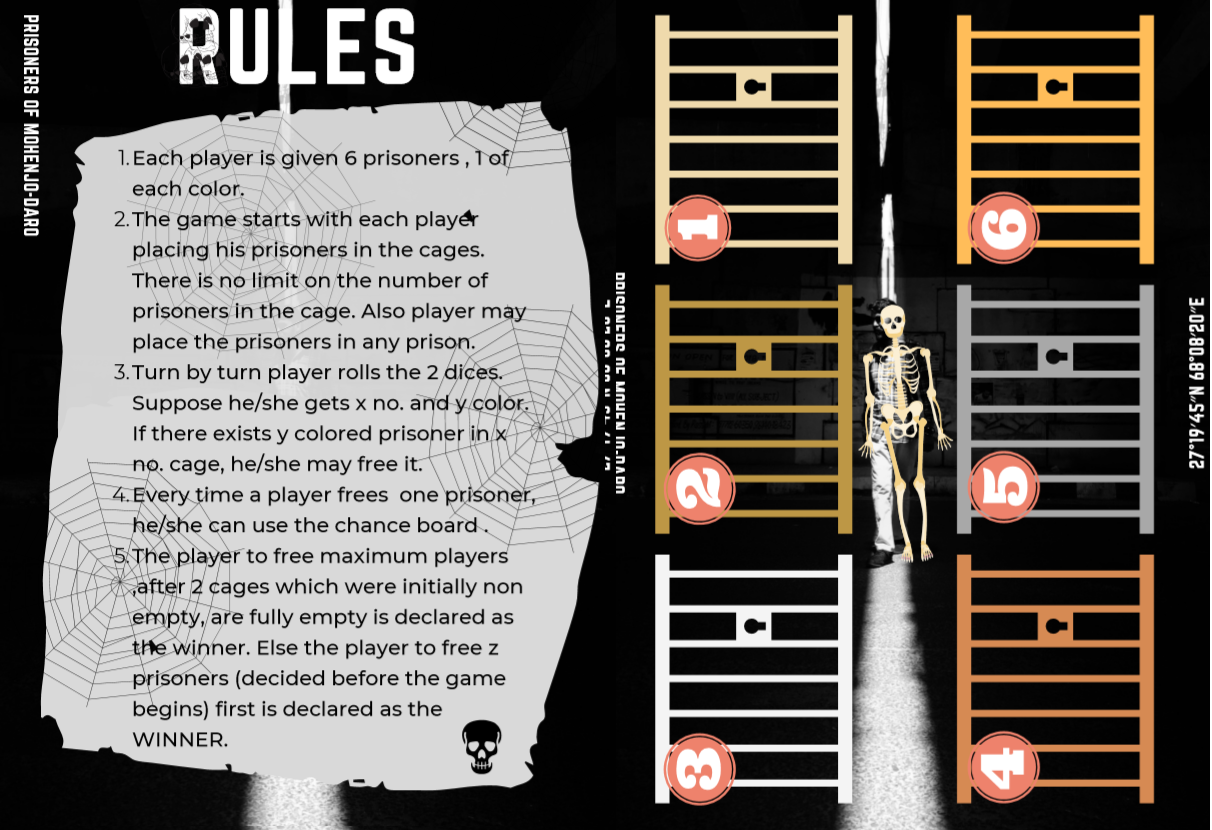
It is a board game to help students dig deeper into the concept of permutations, probability. It is set in the older times of Mohenjo Daro. Based on dice rolling, the objective of the game is to set prisoners free if and when the dice conditions are favorable. It involves fair probability along with the concept of prior probability as it offers on certain conditions, analytical thinking to bet on the prisoners where each bet would result in success and failure with different probabilities.
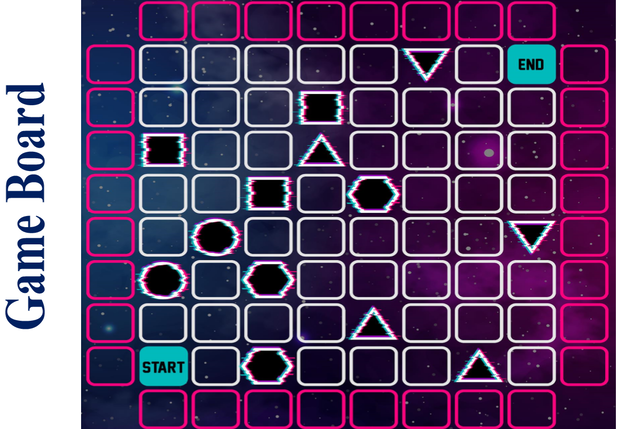
An informative board game called "probabilistic play" is based on certain very basic ideas in probability and statistics, such as hypothesis testing, sampling, and the central limit theorem, which the players realize and come to understand via play. Due to the lack of games that are both enjoyable to play and have a learning component in today's society, children who play these games do not actually benefit from them and either very little or no learning occurs. The game encourages fast thinking, situation analysis, and practical learning because it enables players to practically actualize hidden ideas like hypothesis testing (a sophisticated idea from statistical inference).
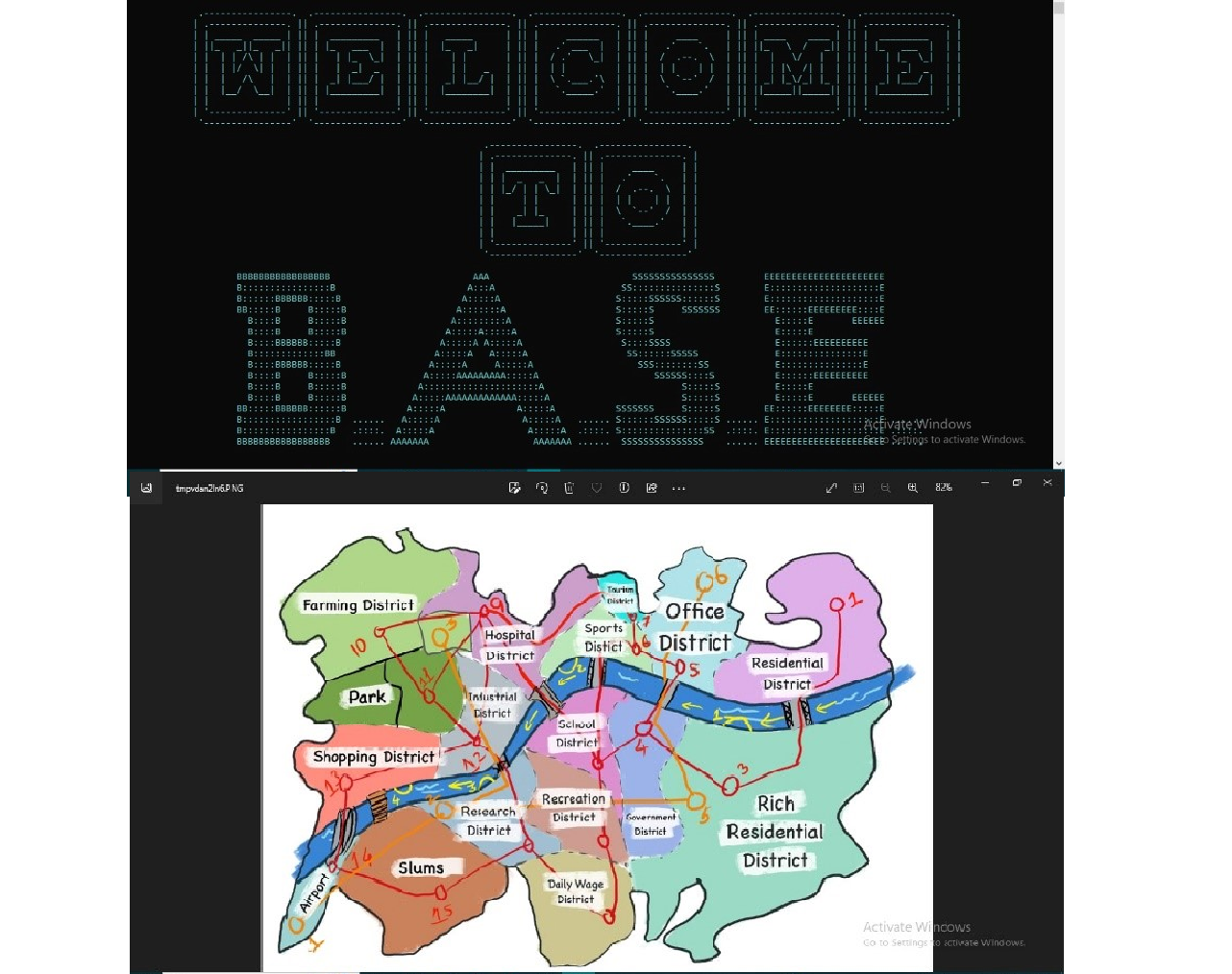
We developed a game with the goal of raising awareness and giving the general public a way to educate themselves about the pandemics, where during COVID19 many people were anxious and had a propensity to make snap judgments. In addition to outlining the challenges posed by a pandemic, this game equips players with the skills necessary to manage similar situations in the future. Furthermore, the game's rules mainly rely on chance, mirroring the virus spread's data-driven predictability. As a result, it offers a fascinating environment for instructing the next generation in probability management and extracting relevant information from data
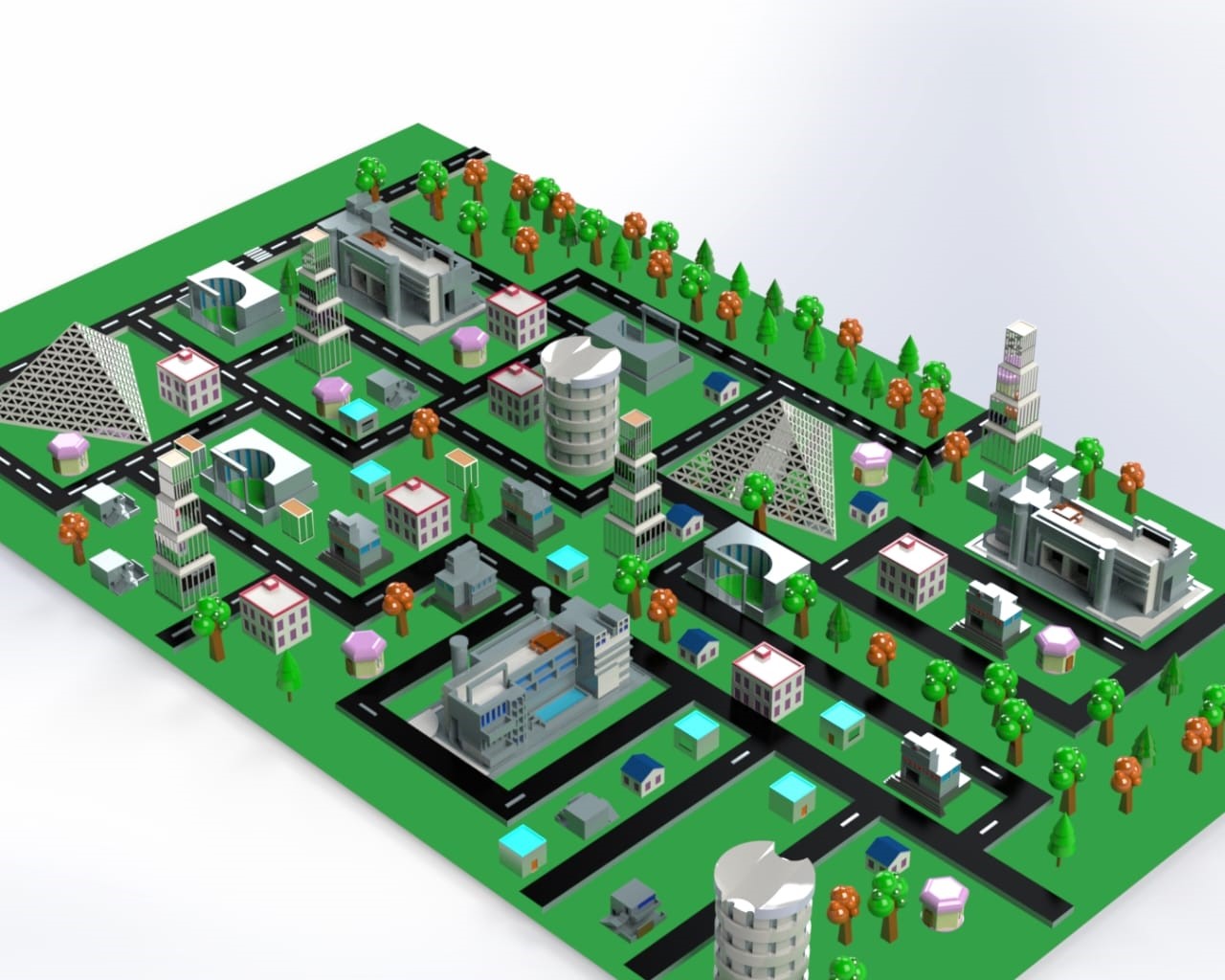
The concept of smart cities is to use digital technology to make a city more efficient and sustainable.